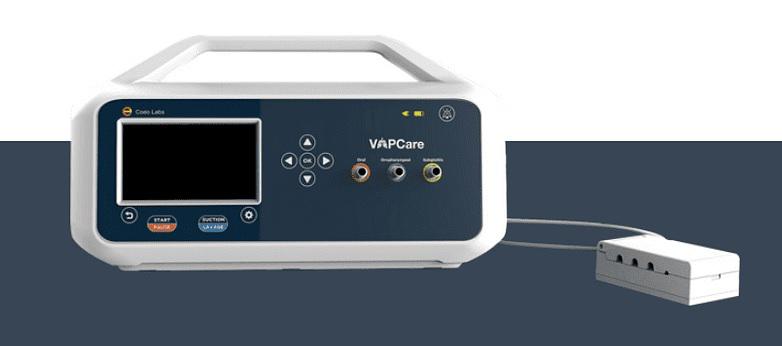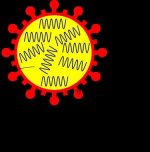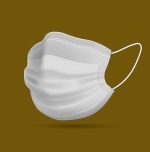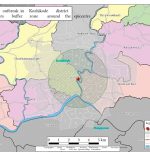VAPCare helps control infectious secretions automatically

In the wake of coronavirus cases, there is a huge scarce of ventilators in the country. The demand is unmanageable due to the unexpected crisis. Moreover, ventilators are expensive and it is difficult for developing countries to acquire them at a large scale.
As per the available research, nearly 31 per cent of COVID-19 deaths in China were associated with Ventilator-Associated Pneumonia (VAP).
In other words, pulmonary infections lead to high mortality. At the same time, healthcare providers are also at a higher risk to get infected due to the exposure of oral and nasal secretions of patients. Around 25 per cent of doctors and nurses have been infected due to these secretions.
To protect healthcare providers, VAPCare has been designed. VAPCare device is an automated and closed system to clear infectious oral and nasal secretions of COVID-19 patients.
It reduces the exposure of caregivers to the highly contagious fluids of the patients with its mechanized and protected system.
VAPCare also saves nursing hours due to its automated system. Around 90 minutes can be saved on each patient per day.
Siraj Dhanani is the founder and CEO of InnAccel. VAPCare is designed and manufactured by InnAccel, a Bengaluru-based MedTech startup.
This made-in-India innovation is in clinical trials in around 20 Indian hospitals including AIIMS, Safdarjung, Ram Manohar Lohia and many state-owned hospitals across the country.
The system is technically complex and it can save the healthcare workers as well as the environment. It took four years for the company to design, test and to get its approval.
VAPCare weighs about 1.5 kilograms. It has intelligent sensors to identify secretion levels in the oral cavity, detect blockages and other abnormalities in patients, and raise alarms when required.
Based on the patient’s clinical condition, doctors and nurses in the ICU can set the frequency. It has automated antibacterial mouthwash to be released every four hours.
VACPCare has been approved in other countries as well including the US, China, Japan, and many European countries.
Image Reference: Yourstory










Leave a Reply